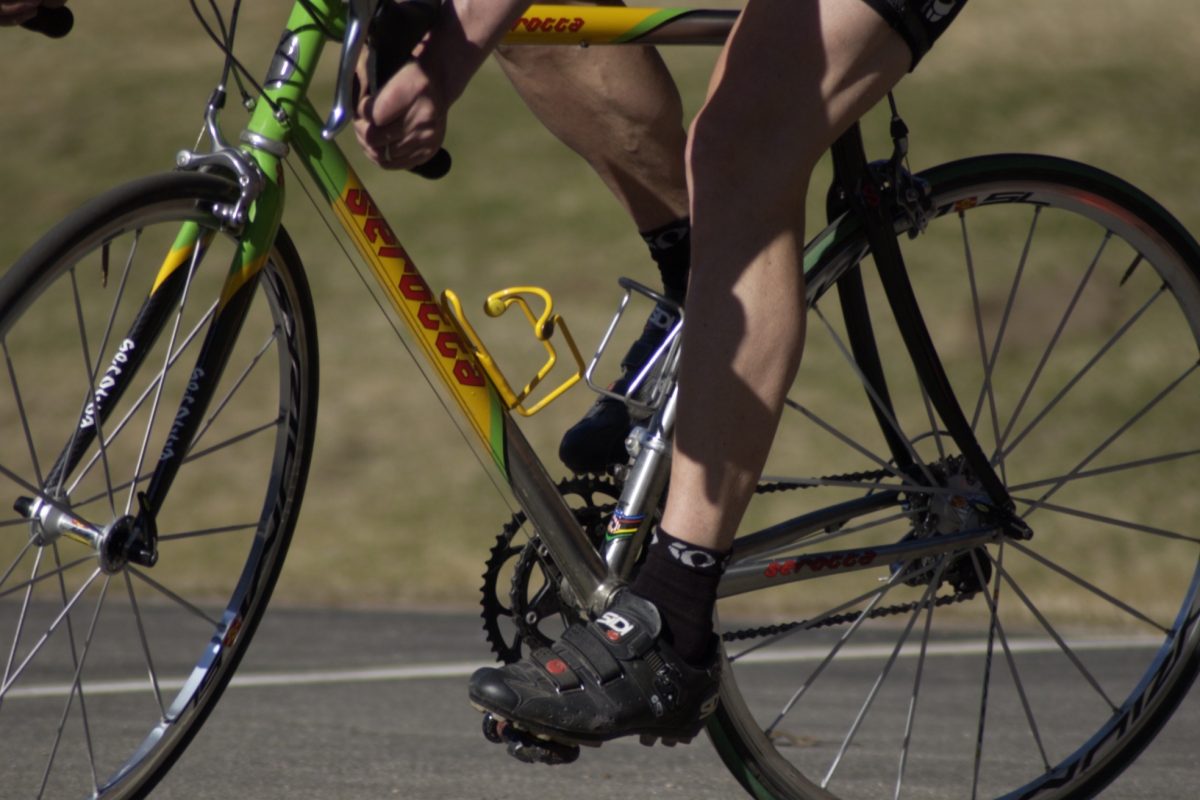Former elite US cross-country skier Christa Case Bryant recently published several articles on doping in the Christian Science Monitor. While these two pieces look at cycling, there are many similarities, and in light of continuing doping issues at the Tour de France, timely. The first piece is the first in a four-part featured series profiling four individuals who illustrate different aspects of the problem. The second is a news piece related to the Tour.
David Millar tries to clean up cycling from inside the peloton
David Millar was sitting on his couch in Biarritz, France — oddly calm. Moments earlier, a Paris drug squad had tracked him down and entered his home, guns drawn, searching for evidence that one of the world’s top young cyclists used performance-enhancing drugs. No matter. Mr. Millar, who had taken blood-doping stimulants a year earlier, decided to go clean after winning the 2003 world championship individual time trial.
As the agents approached his bedroom, though, Millar panicked. He remembered that he had stashed his last two syringes in a watch box on the bookshelf. “I had this flash — there’s something in the bookcase,†he recalls. Moments later, Millar was hauled off to jail — in handcuffs.
Today Millar has become a poster child for a budding movement to clean up a sport that has arguably been more damaged than any other by doping. After being stripped of his world championship and banned by the British cycling federation from the sport for two years, he is back with a team that is pioneering new methods to prove its athletes are drug-free.
Read the full article:
David Millar tries to clean up cycling from inside the peloton
Read the first article in the series:
One Woman Leads A Crusade To Cleanup Cycling In Germany by Isabelle de Pommereau
Even as doping scandals plague the race, three teams that disavow drugs are making a strong showing
New York – Whatever hope the storied Tour de France had of avoiding doping scandals this year has evaporated, with positive drug tests precipitating the withdrawal of three riders and the dominant Saunier Duval team from Spain.
But largely lost amid the news of riders' failed drug tests is the fact that many top cyclists on the Tour come from a trio of squeaky-clean squads. Though the teams' aggressive antidoping programs and outspoken stances have drawn some grumbles, many say the model they're pioneering could be the key to restoring cycling's sullied reputation.
“These guys are saying they're white as white…. There's a certain amount of waiting for them to slip up,” says veteran cycling correspondent William Fotheringham. Indeed, when a rider with Team Columbia, one of the three “clean teams,” tested positive last year, squad manager Bob Stapleton was met with smugness by some in the peloton, says Mr. Fotheringham. Even so, the team has won four stages of the Tour de France this year. “I think the other teams are going to look at that and think, 'There must be something in this.' ”
Read the full article:
Even as doping scandals plague the race, three teams that disavow drugs are making a strong showing
Christa Case Bryant spent five years training full-time for the 2002 Olympics, first with Nikolai Anikin's Gitchi Gummi team and then Jim Galanes' APU program in Alaska. Though she didn't end up making the Games, she was ranked 4th in the US the year before and competed for several seasons on the Europa Cup.
Her interest piqued by Beckie Scott and others who took a strong stand against doping, she has been wanting to use her journalistic skills to delve into the topic ever since she started working for The Christian Science Monitor in 2004.
She can be reached at bryantc@csmonitor.com



